Drinking Coffee is Good for the Liver
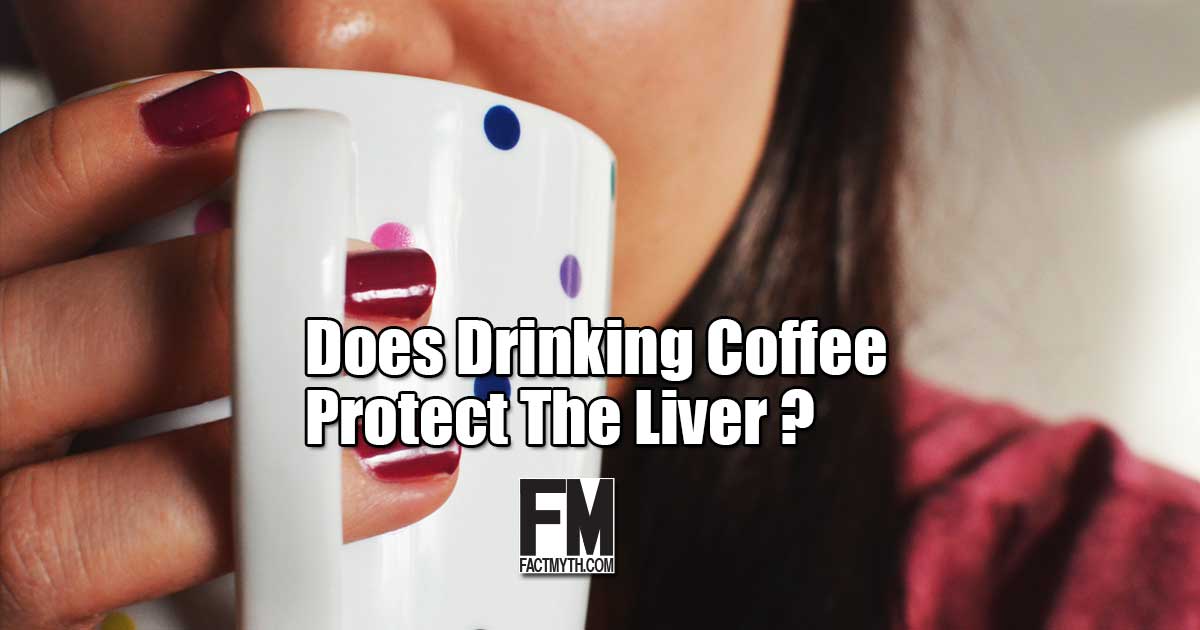
Drinking coffee on a moderate basis is good for your liver. Coffee can help prevent alcohol, and non-alcohol, related liver diseases such as Cirrhosis.
Diseases, conditions, and disorders are any health related issues that affect an organism.

Drinking coffee on a moderate basis is good for your liver. Coffee can help prevent alcohol, and non-alcohol, related liver diseases such as Cirrhosis.
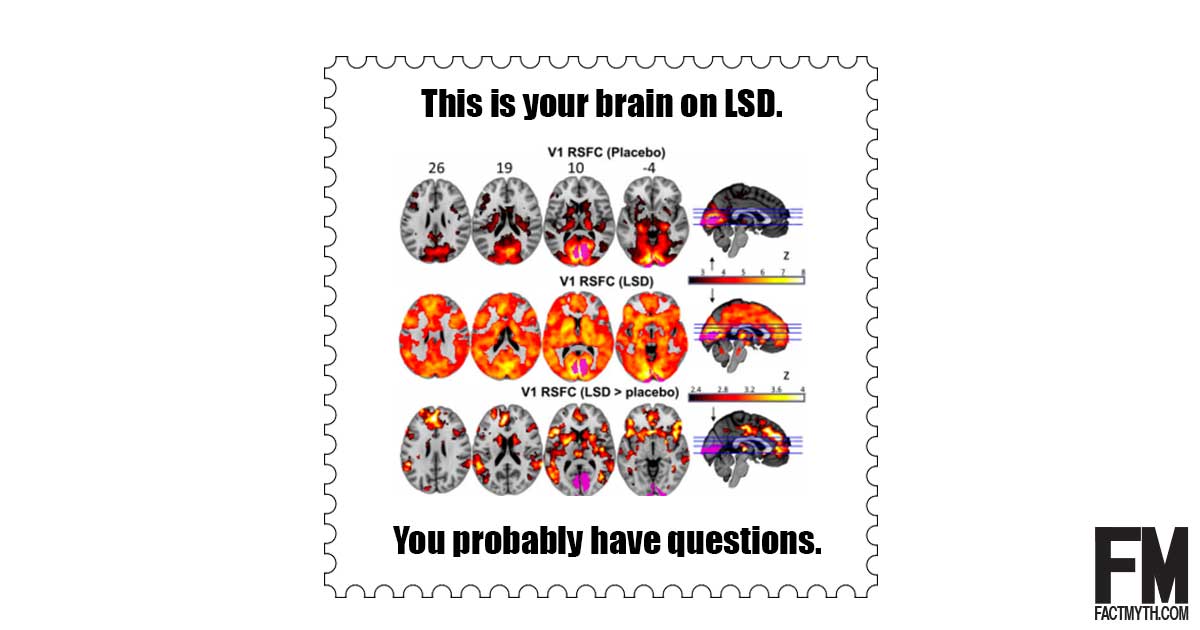
Studies show that psychedelic experiences (complex hallucinations often associated with LSD) aren’t “illusions” (tricks of the drug) but are rather the result of many areas of the brain communicating at once.

Medicare and Medicaid are both public health insurance. Medicare is primarily for 65 plus seniors. Medicaid is for low-income adults and children (CHIP). People can be dual-eligible for both.

One should use microwave-safe containers in a microwave. Safe containers let radiation pass through them so only the food, not the container, is heated.
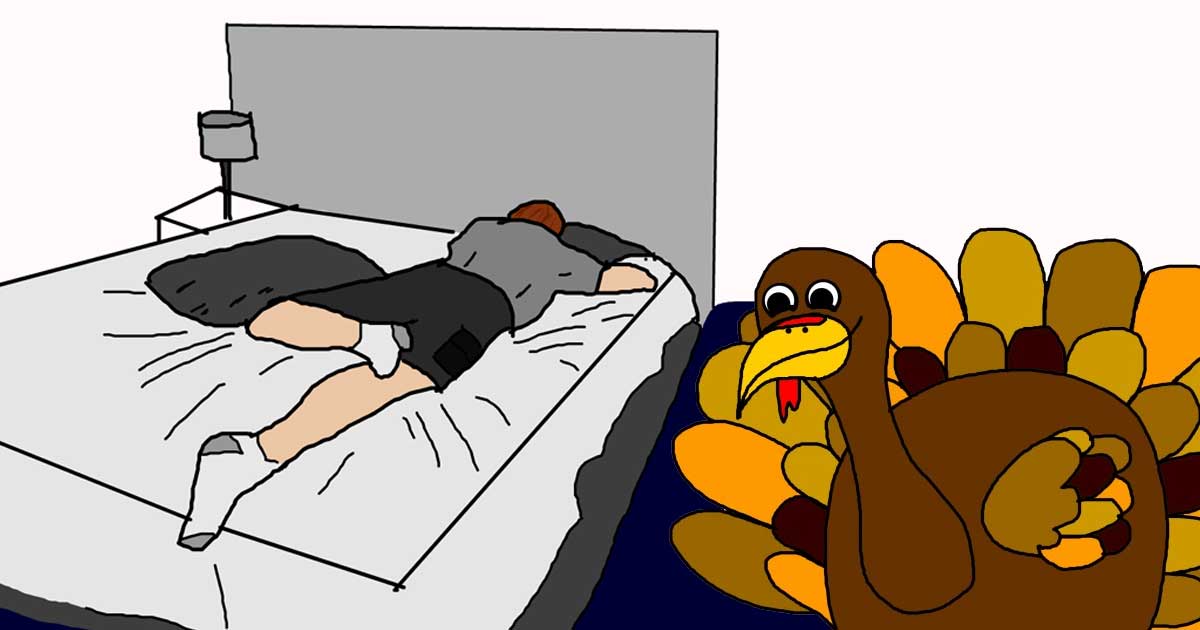
Tryptophan in turkey has a relaxing effect and contributes to sleepiness, but it is overeating and related chemical effects that make you sleepy on Thanksgiving.
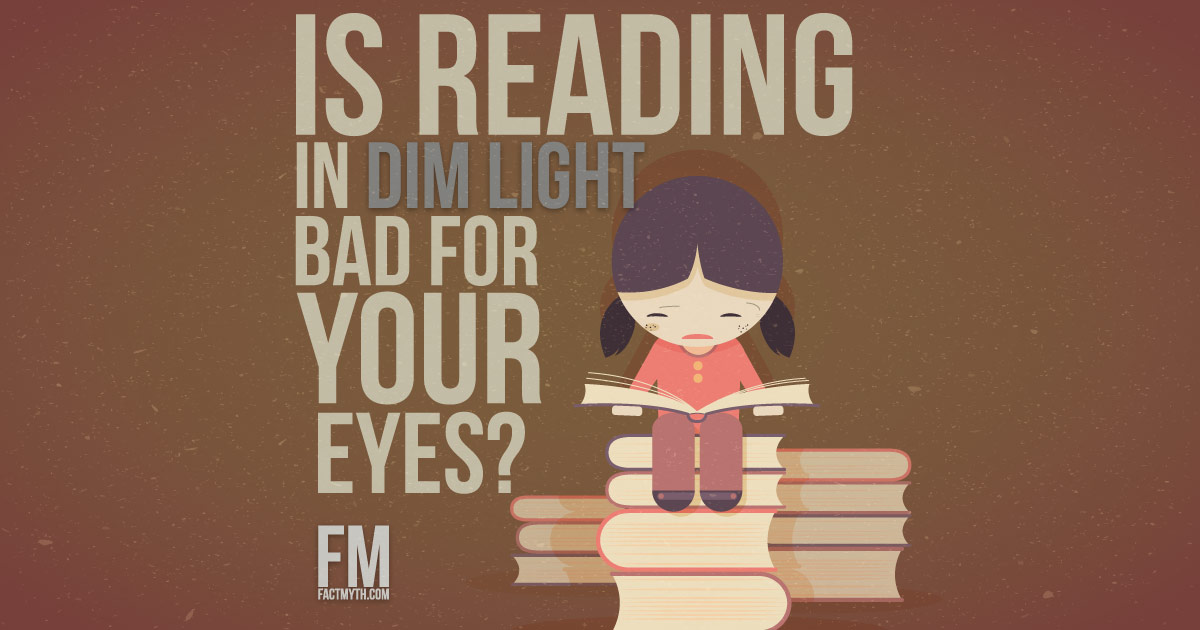
Reading in dim light isn’t bad for your eyes. Be it a book or electronic device, reading in dim light will not damage the eyesight of a healthy adult (although it may cause temporary strain).
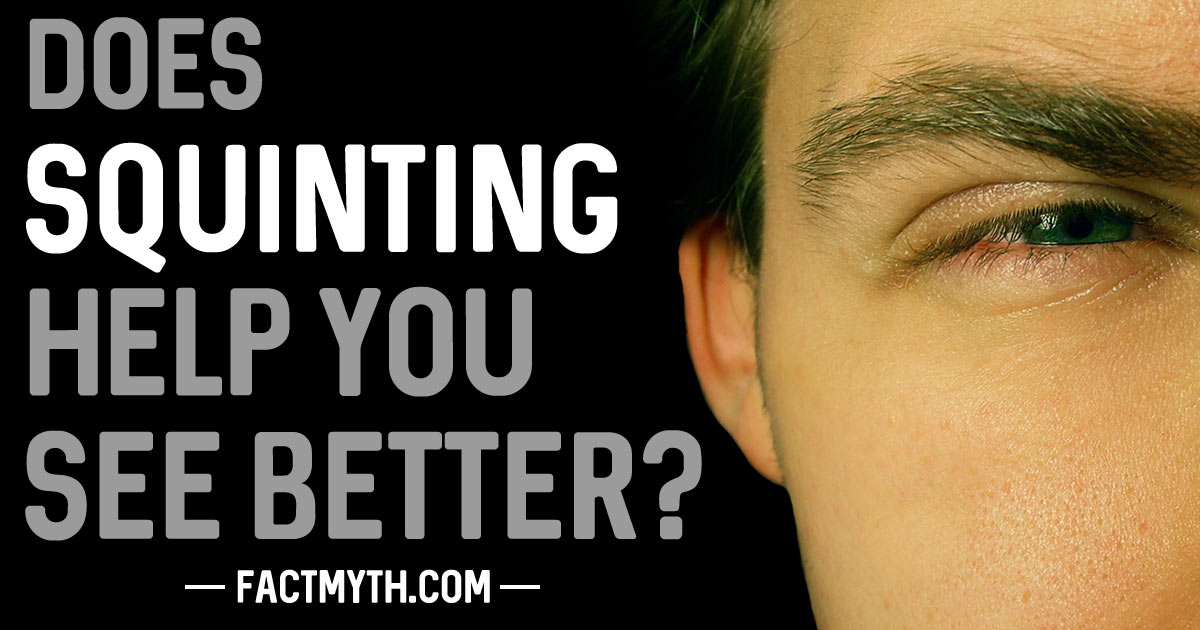
Squinting helps to improve vision, at least temporarily, by allowing less light into the retina allowing us to focus our eyesight more easily.
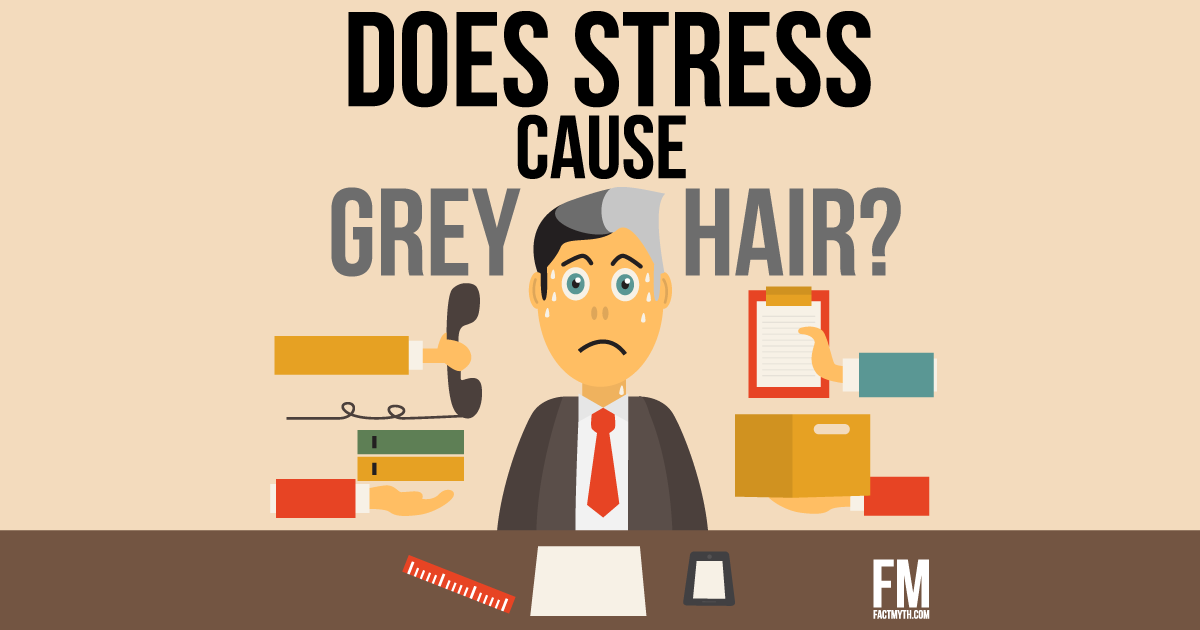
Greying is largely determined by genes. Stress may cause hair to turn grey early, perhaps from increased oxidation, but studies are lacking.

Fluoride is a name for several fluorine compounds. Fluoride is good for oral hygiene in small doses, but extremely dangerous and toxic in large doses.
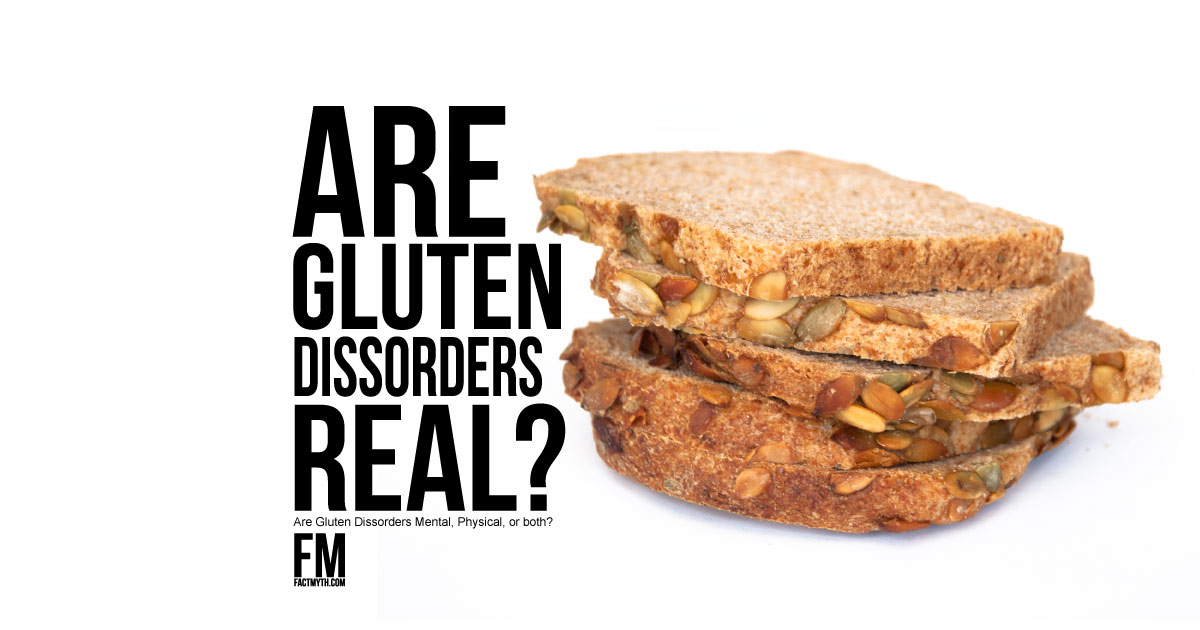
Science-wise there is no “gluten allergy”, but gluten related disorders like celiac disease, wheat allergies, and non-celiac gluten sensitivity are real.